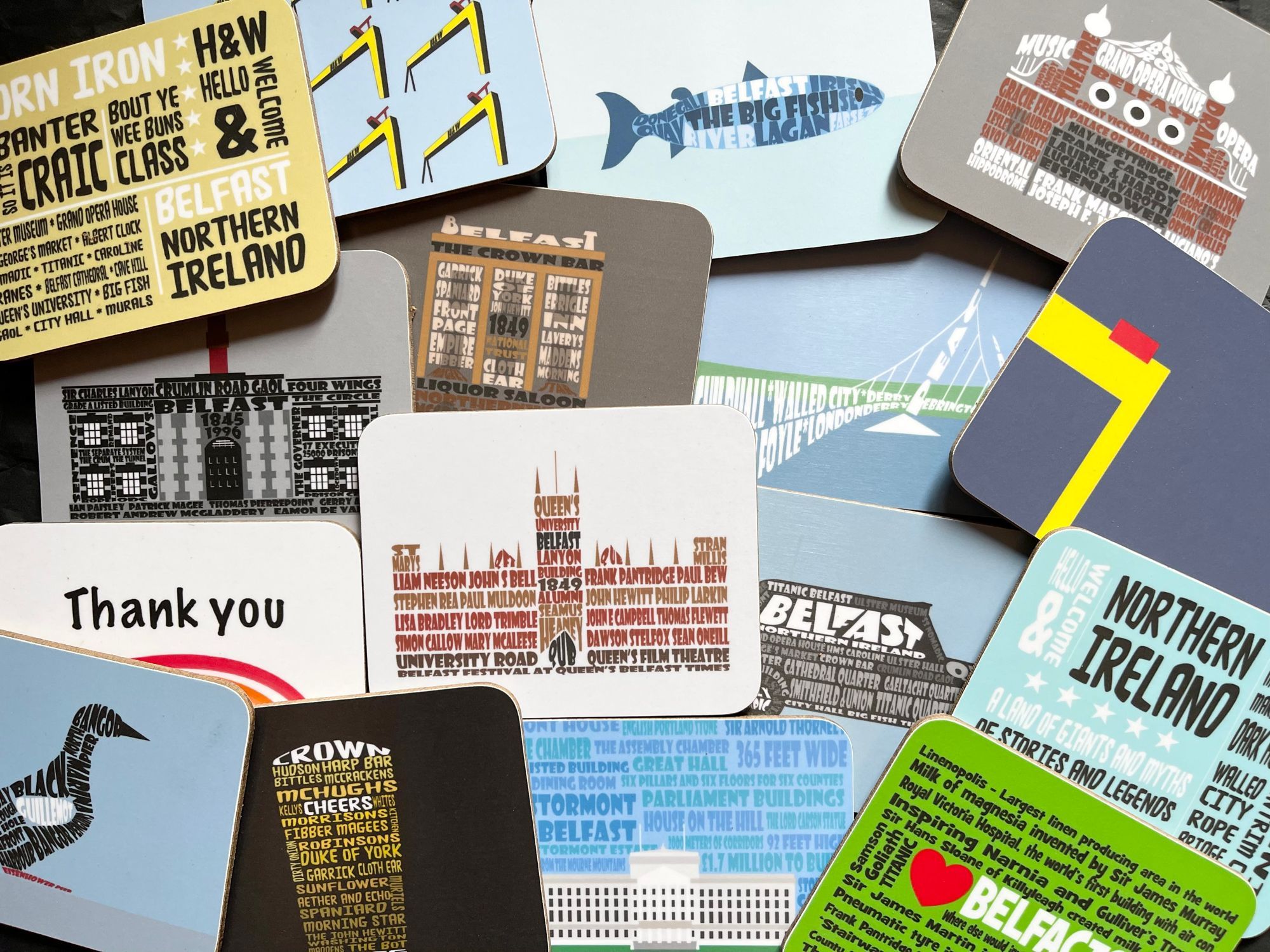Good food tastes so much better when it is shared, doesn’t it? The theme for this year’s Mental Health Awareness Week was loneliness. In all cultures and societies, people use food as a centre point for social gatherings. We use food to celebrate and to comfort. After the last two years, many of us are enjoying getting back to a little bit of normality to meet and share food with friends and family.
I think there is nothing better than cooking with friends and sitting around a table to share food. Eating together has been shown to strengthen community bonds, build family ties and friendships, ease feelings of loneliness, depression and anxiety and help nurture a sense of belonging.
So it will come as no surprise to know that socially isolated people tend to eat less well. Whether this is because some people find it harder to shop and cook for one person, or that feelings of loneliness mean less motivation to cook a decent meal, we know that people who are socially isolated often experience reduced appetite, eat fewer meals in a day and have a lower intake of protein, fruits, and vegetables in their diet.
For others, feelings of isolation can mean more comfort eating, making less nutritious choices and overconsumption of quick foods like bread, processed food and takeaways. A slice of toast to keep you going, or another bowl of cereal to fill a hungry gap.
Social distancing and COVID isolation has posed an extra challenge for people of all ages, and that includes a nutritional challenge. Reduced access to healthy food, working from home and changes in daily routines have changed our eating habits.
Living alone does not mean being lonely. I know plenty of people who prefer the independence and eat better than if they lives with others, but with the changes is society brought about by the pandemic, some people are feeling more isolated. We can have feelings of loneliness if we live with others too.
It can be hard to get motivated if you are feeling lonely, but I help these simple ideas will get you thinking and maybe help to eat better to support your mental health.
- Keep your mealtimes regular. Having a daily routine will help you look after your health in a more structured way. It will also keep you more mindful of what you are eating and help you to eat main meals, rather than just surviving on snack foods.
- Plan 3 or 4 days ahead. Think about what you could cook quickly and easily that will help to nourish you and keep you sustained. Plan meals around vegetables and protein (e.g. eggs meat, fish, pulses), with some slow release carbohydrates (wholegrains, with more fibre for slow and sustained energy).
- Mix it up – eat a variety of different food rather than sticking to the same meals each day. A menu planner will help with this.
- Cook once, eat twice. One pot meals like Bolognese, curry and chilli can make 4 portions. One for today, leftovers for tomorrow and two portions for the freezer.
- Keep a well-stocked food cupboard so that you always have some ingredients to hand to make a simple meal. Eggs, pulses, tinned tomatoes, curry paste, some frozen vegetables, brown rice or wholemeal pasta are good starting points. Omelettes, curry in a hurry or a quick stir-fry will make a healthy and quick dinner that will satisfy your taste buds and nourish your body.
- Phone a friend, meet for a coffee or plan to get together over lunch. Making that initial connection can sometimes be difficult, but it will be worth it. You are not alone.
Eat better to support your mental health — Vital Nutrition (vital-nutrition.co.uk)



